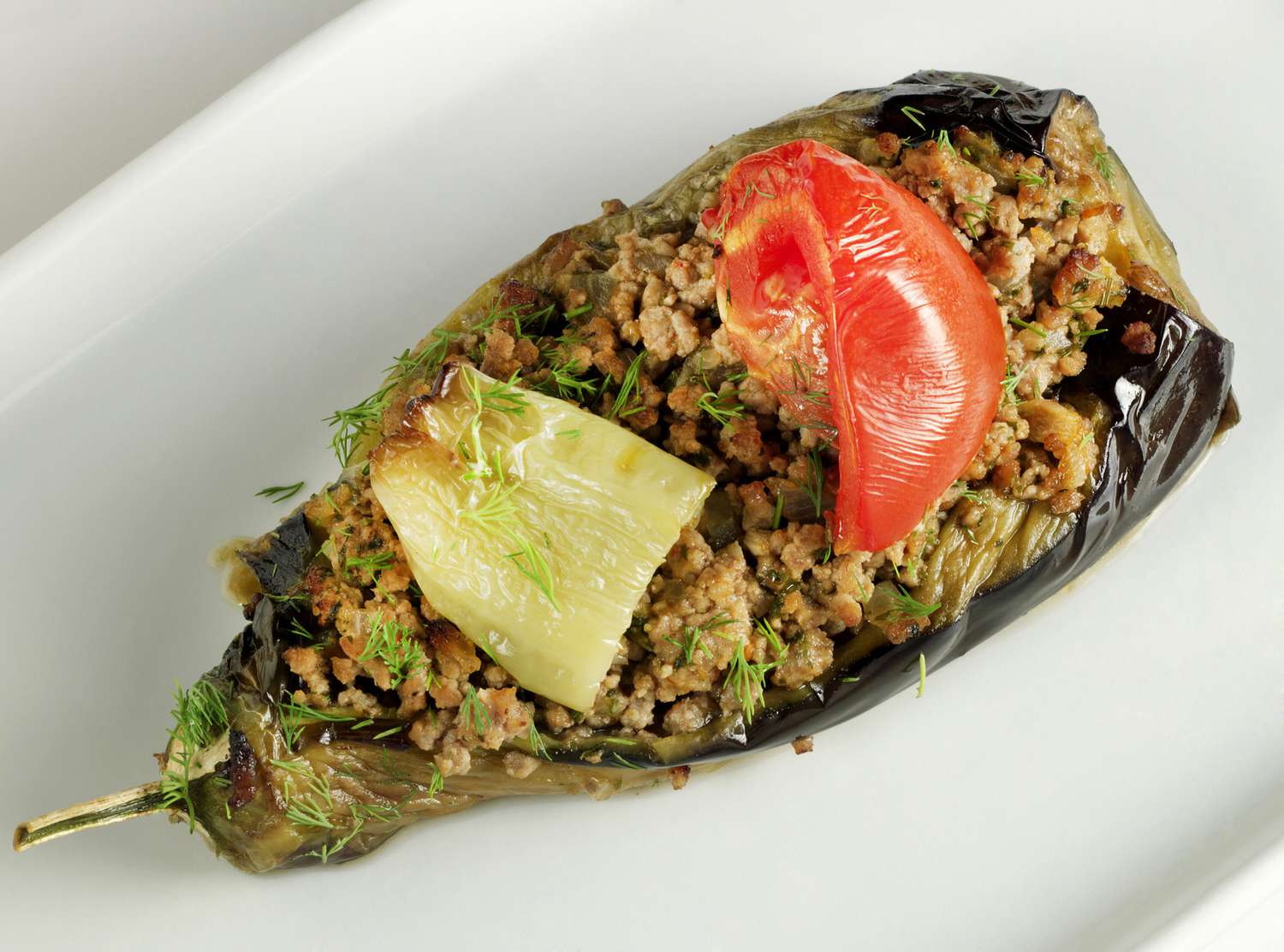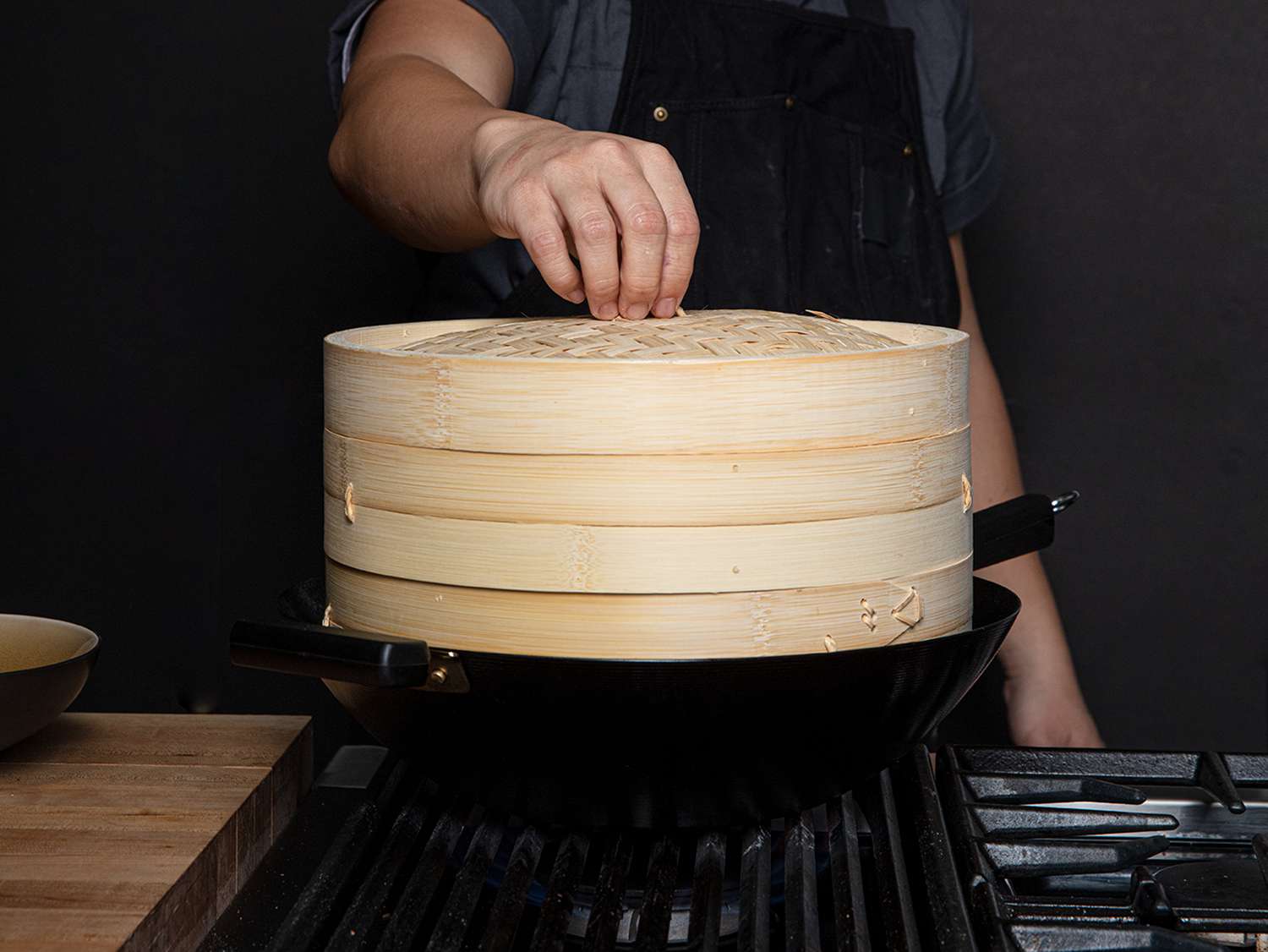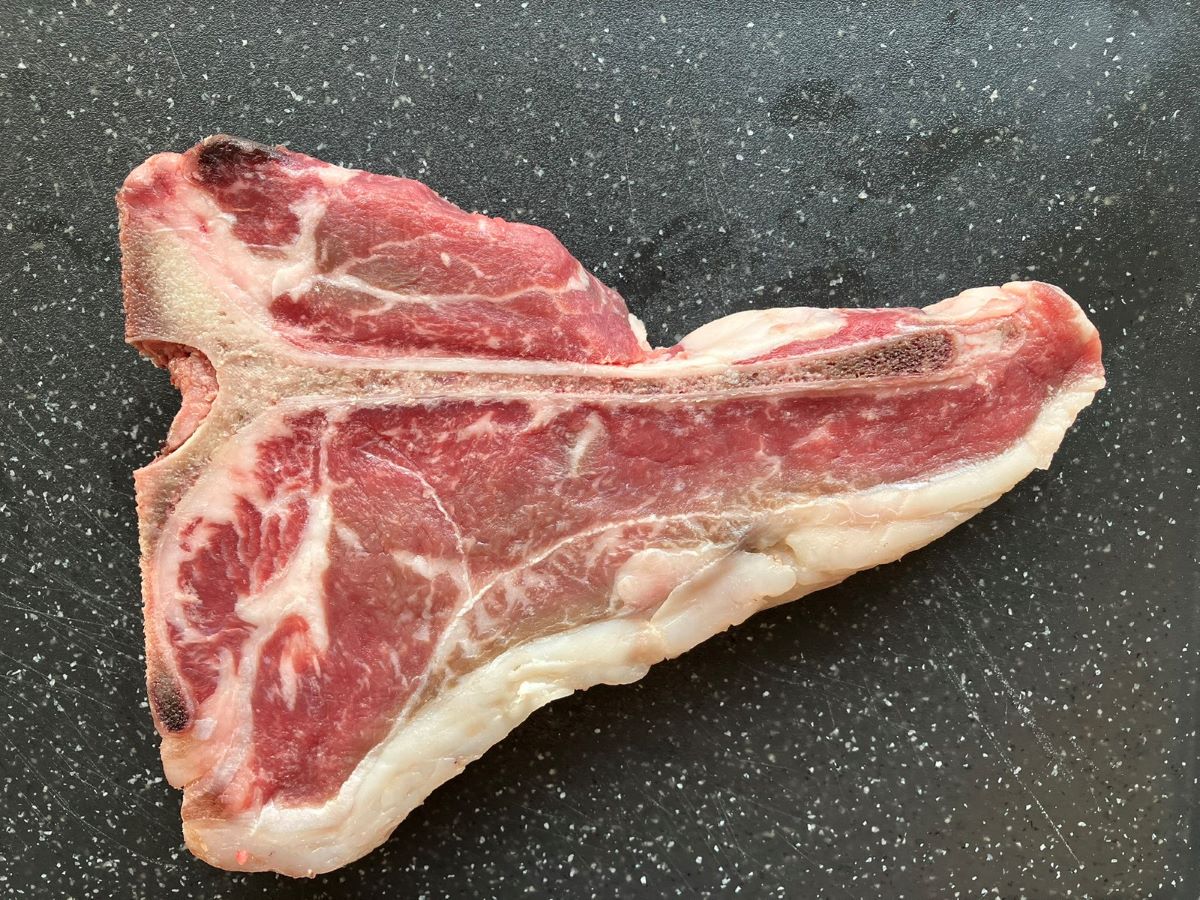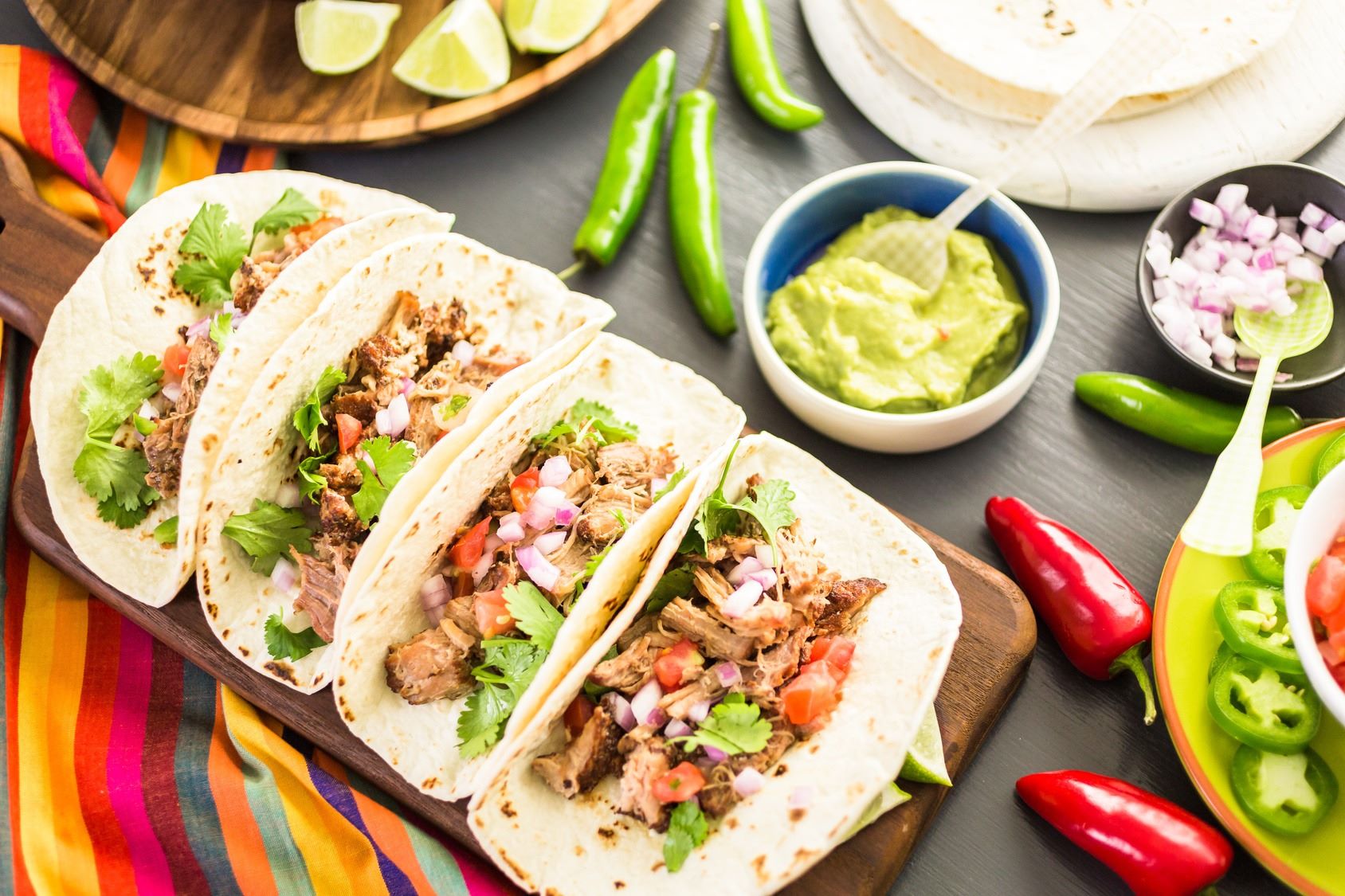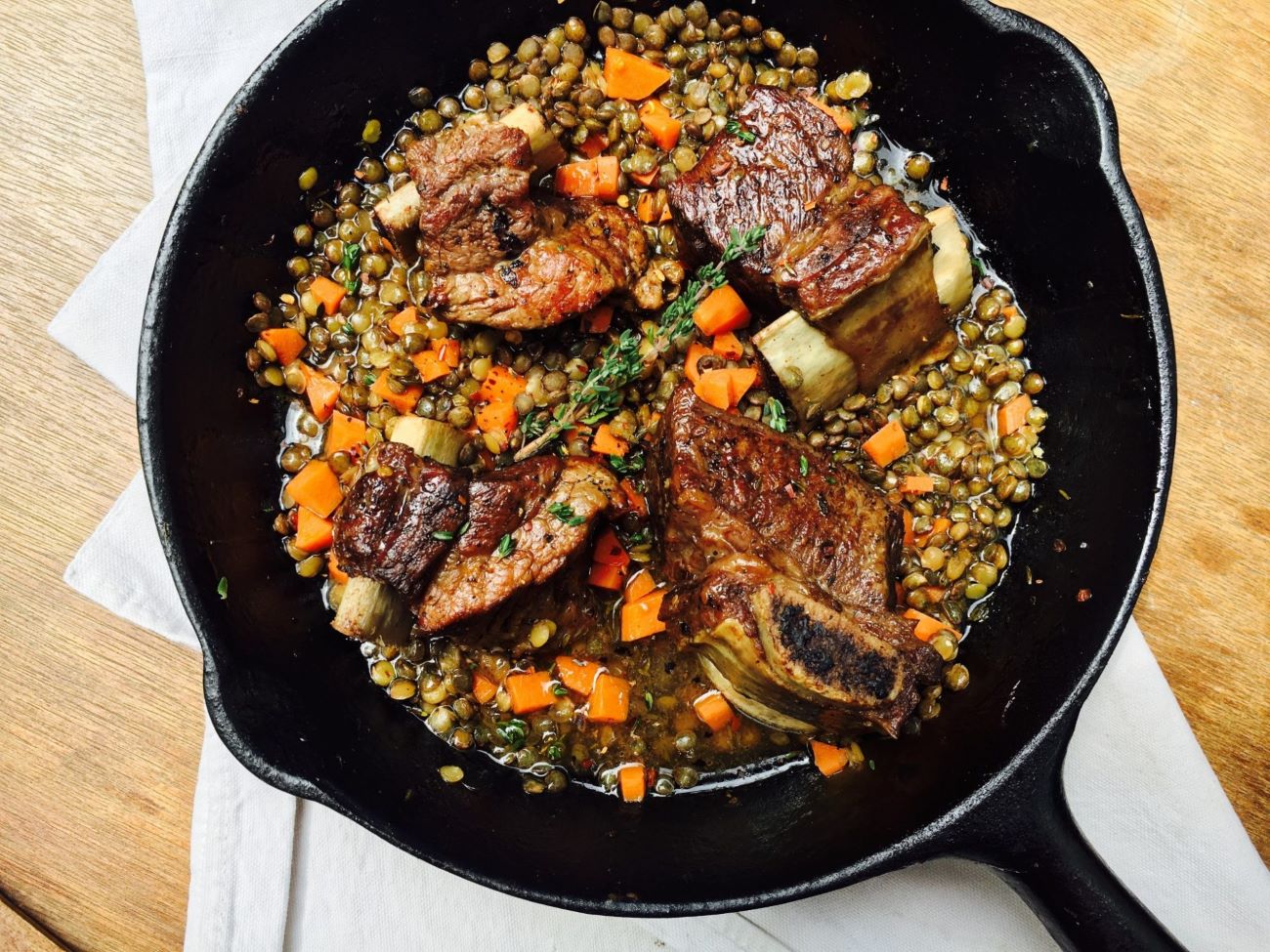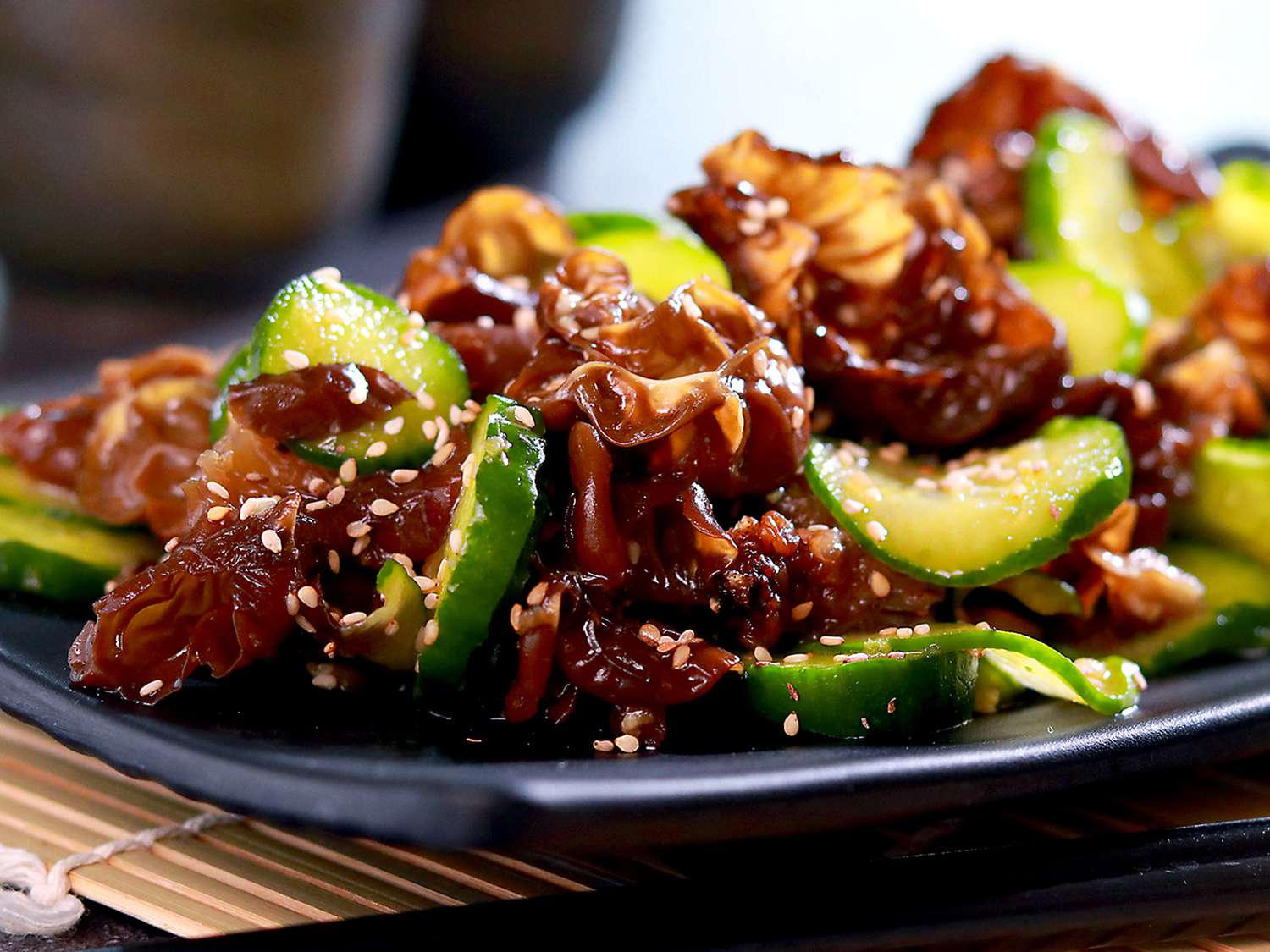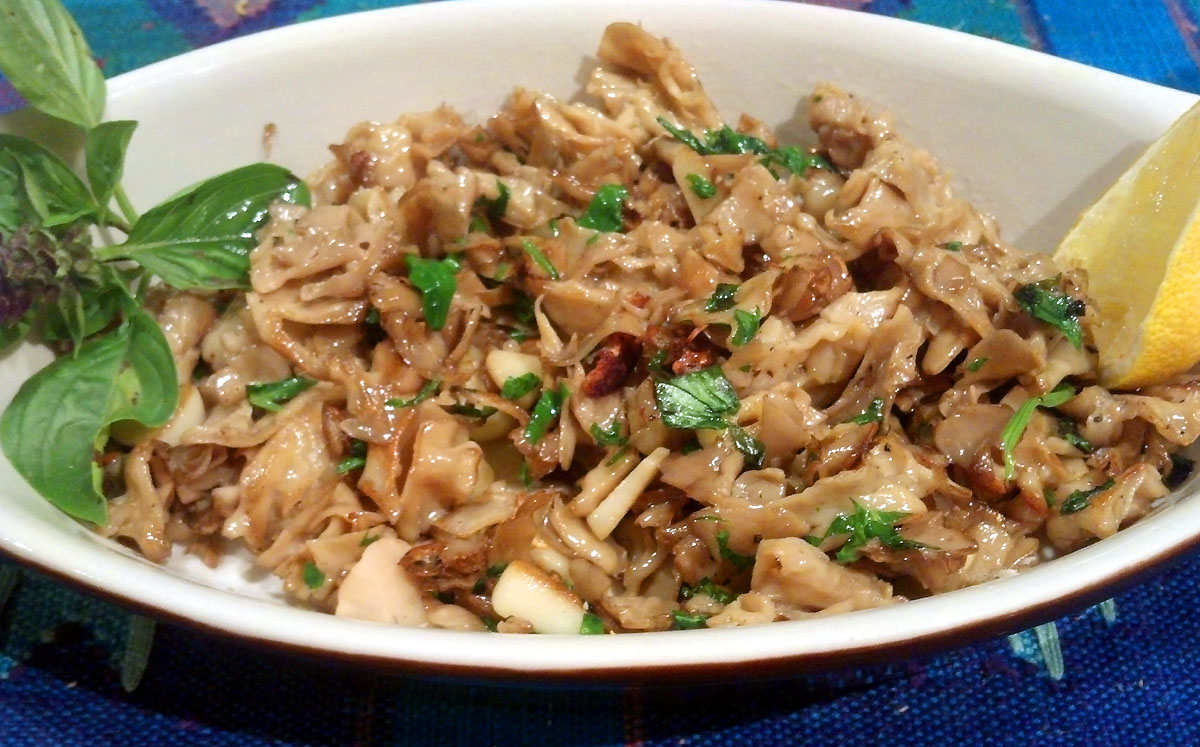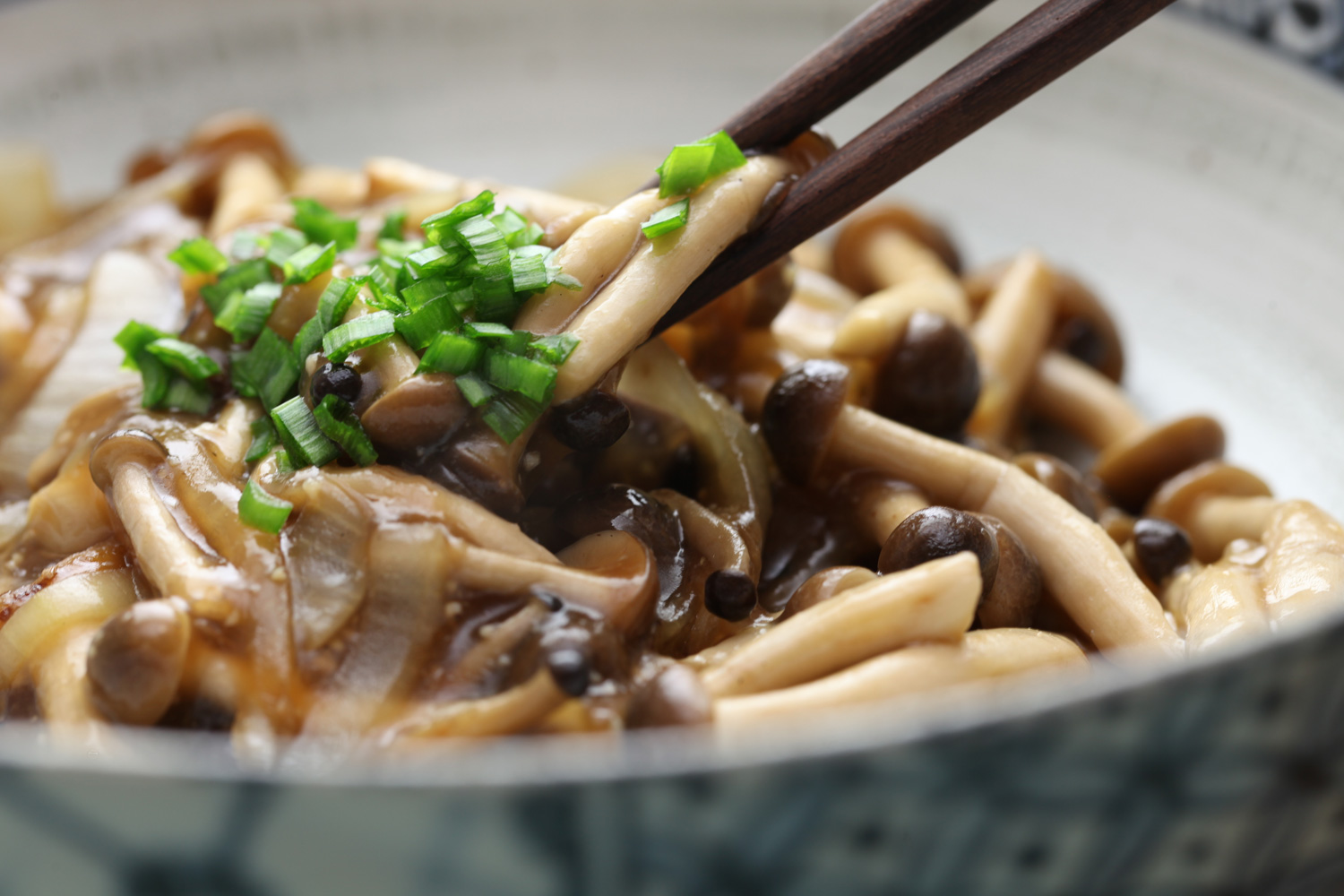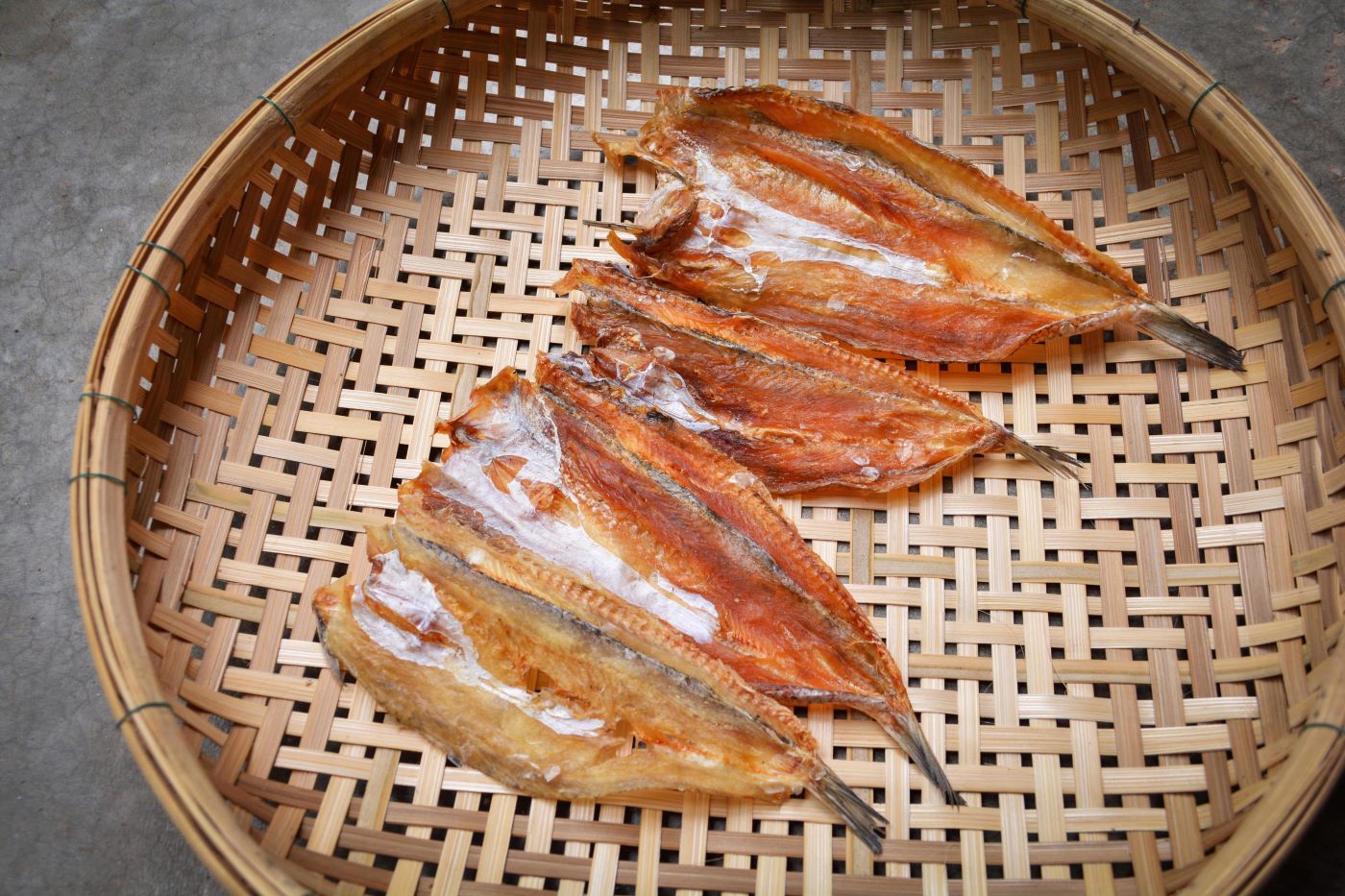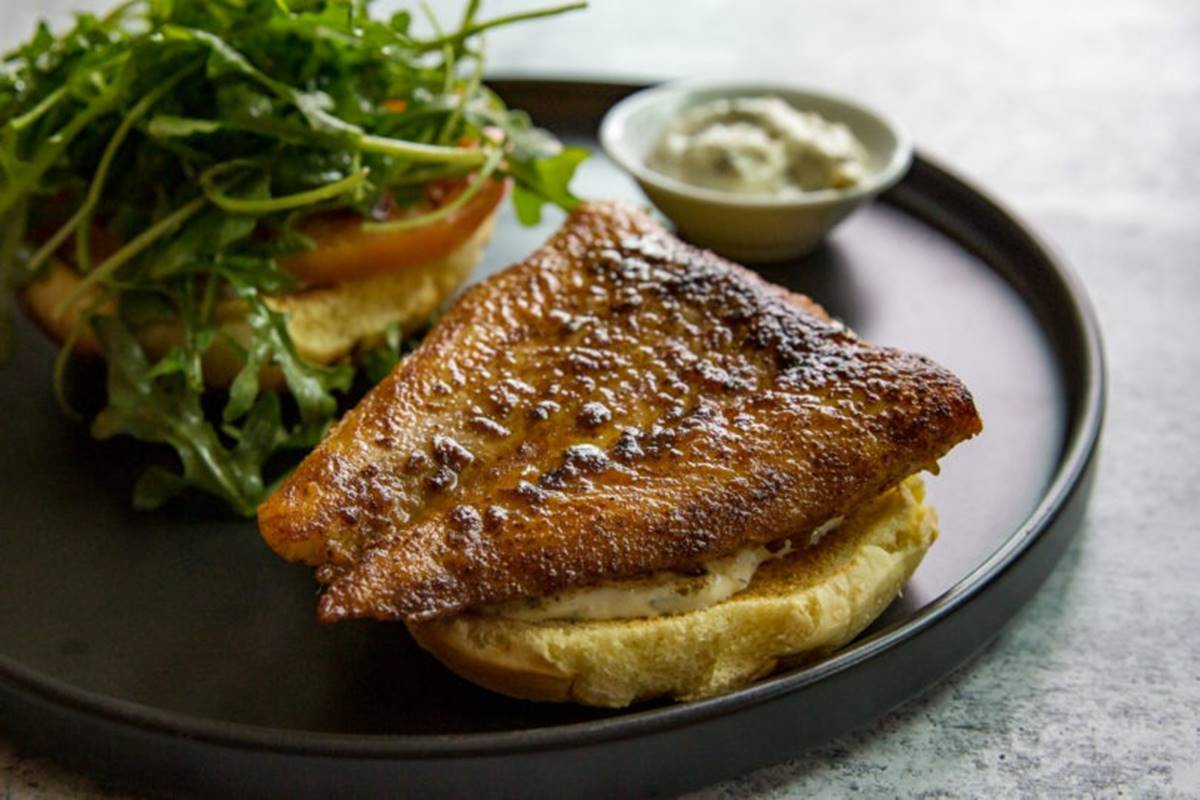How To Cook Meat To Avoid Carcinogens
As food enthusiasts, we often find ourselves cooking meat to satisfy our cravings for delicious and protein-rich meals. However, it’s important to be aware of the potential health risks associated with cooking meat at high temperatures. When meat is cooked at high temperatures or exposed to open flames, it can form harmful substances known as carcinogens. These carcinogens have been linked to an increased risk of cancer when consumed regularly.
But fear not! There are several simple strategies you can employ to reduce the formation of these carcinogens while cooking meat. By following these tips, you can enjoy your favorite meat dishes without compromising your health:
1. Choose Leaner Cuts of Meat
When it comes to cooking meat, opting for leaner cuts is a smart choice. Fatty meats have a higher potential to produce carcinogens when exposed to high heat. Trim excess fat from your meats before cooking or choose lean cuts such as chicken breast, turkey, or loin cuts of beef.
2. Marinate Before Cooking
Marinating your meat before cooking can reduce the formation of carcinogens. Studies have shown that marinating meat in acidic marinades like lemon juice, vinegar, or even yogurt can help to protect against the formation of harmful substances. The acidic ingredients in the marinade act as a barrier, preventing the meat’s proteins and fats from interacting with the high heat.
3. Precook Using Low Heat
Consider precooking meats using low heat methods like simmering, poaching, or steaming. This will help to reduce cooking time and limit exposure to high temperatures. Once the meat is partially cooked, you can finish it off by grilling or searing at a higher temperature for a shorter duration. This gradual cooking process can significantly diminish the formation of carcinogens.
4. Limit Charred or Overcooked Meat
When grilling or barbecuing, it’s essential to avoid charring or overcooking your meat. Blackened or charred portions of meat can contain higher levels of carcinogens. Keep a close eye on the cooking process and turn the meat frequently to ensure it is cooked evenly without excessive charring.
5. Utilize a Meat Thermometer
Using a meat thermometer is a foolproof way to ensure that your meat is cooked thoroughly without the risk of overcooking. By following the recommended internal temperature guidelines for specific types of meat, you can achieve a safe cooking temperature while minimizing the formation of carcinogens.
6. Opt for Grilling Techniques That Reduce Smoke
When grilling, choose techniques that reduce smoke production. Excessive smoke can contain harmful compounds that may increase your exposure to carcinogens. Consider using gas grills over charcoal grills, as gas grills produce less smoke. Additionally, keeping the grill clean and removing charred remnants can help minimize the potential for harmful smoke.
7. Pair with Antioxidant-Rich Foods
Studies have shown that consuming antioxidant-rich foods along with grilled or cooked meat can help counteract the effects of carcinogens. Incorporate fruits and vegetables high in antioxidants, such as berries, broccoli, and leafy greens, into your meals. These foods can help neutralize the harmful substances formed during the cooking process.
By following these cooking tips, you can minimize your exposure to carcinogens while still enjoying the flavors and textures of your favorite meat dishes. Remember, moderation is key, and it’s essential to balance your diet with a variety of other healthy food choices. So go ahead, fire up the grill, and cook your meat to perfection while safeguarding your health!
For those looking to cook meat while keeping carcinogens at bay, there are some excellent recipes to consider. The Poached Cod with Tomato and Basil is a light and healthy option, using a gentle cooking method that avoids high temperatures. Braised Lamb Shanks with Red Wine and Slow-Cooked Beef Stew with Vegetables are perfect for those who prefer slow-cooked dishes, which minimize the formation of harmful compounds. For grill enthusiasts, Grilled Lemon Herb Chicken Breast offers a flavorful yet safer way to grill. Lastly, the Steamed Ginger-Garlic Fish Fillets is a great way to enjoy seafood without the risks associated with frying or grilling. These recipes not only provide delicious meals but also align with the goal of reducing carcinogen exposure during cooking.
Was this page helpful?
Read Next: How To Cook Beef Flap Meat
